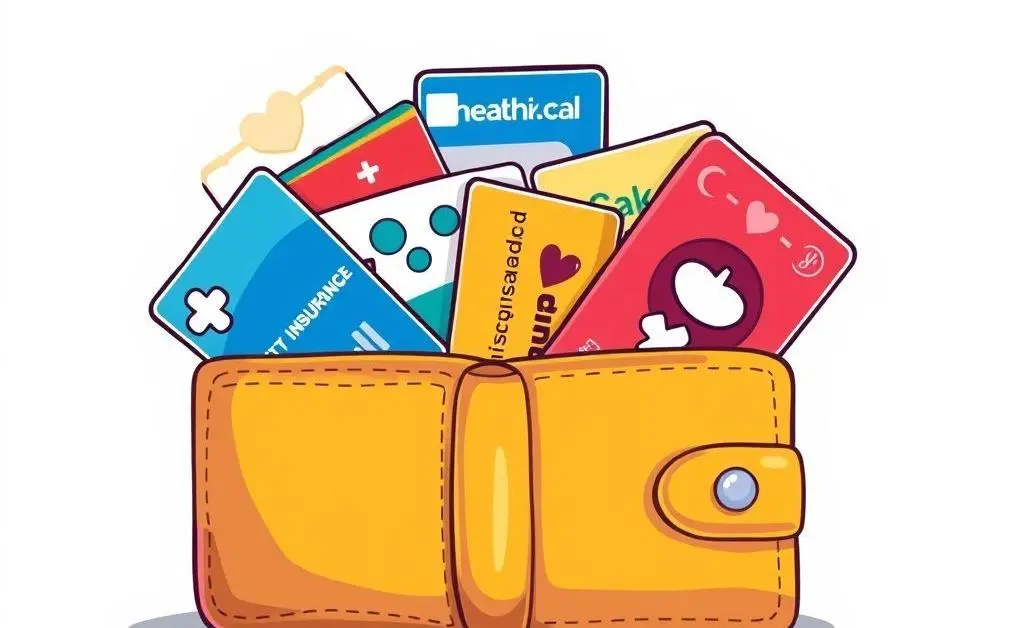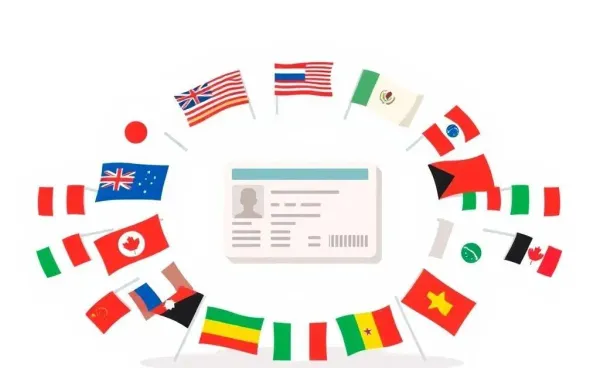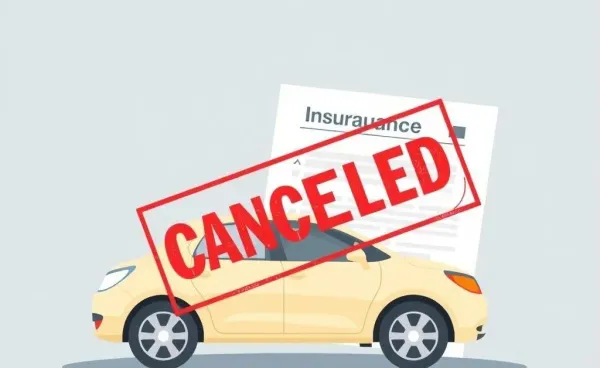Navigating American Healthcare: A Guide for the Perplexed
Understanding the U.S. healthcare system through common questions and everyday language.

Have you ever tried understanding the American healthcare system and felt like you were reading a different language? You're not alone! Whether you're a curious global wanderer or someone navigating U.S. healthcare for the first time, let me be your friendly guide through this intricate system.
What Exactly Is American Healthcare?
Picture this: Jack, a traveler from the UK, finds himself in the U.S. with a medical emergency. Used to the NHS, he learns that here, a trip to the doctor feels like ordering from a menu with prices. The U.S. system uses private health insurance extensively, which means coverage can vary widely.
So, how does it work? Here’s a quick rundown:
- Insurance Plans: Most Americans have private health insurance provided through their jobs. Otherwise, you purchase it individually, oftentimes under the Affordable Care Act.
- Out-of-Pocket Costs: Expect to pay directly for services until your insurance kicks in. This includes copays and deductibles.
- Types of Insurance: Plans differ significantly, from HMOs (Health Maintenance Organizations) to PPOs (Preferred Provider Organizations), each with its perks and restrictions.

Cracking the Code on Health Insurance
Understanding insurance can seem like deciphering a new dialect—copays, premiums, deductibles, oh my! Remember the time my friend, Alex, thought his insurance card was a free pass, only to receive a hefty bill later? Let’s break this down:
Your insurance provider typically pays for a percentage of medical services, but not without some costs on your end.
- Premiums: Monthly payments you make to maintain coverage.
- Deductibles: The amount you pay before your insurance shares the cost.
- Copays: A fixed fee you pay for specific services, like doctor visits or prescriptions.

The Adventure of Medical Bills
So, Jack gets treated in the U.S., and soon, he's bombarded with medical bills, each detailing different costs, services, and what insurance covered. A budget planner becomes his new best friend.
It might sound overwhelming, but keeping track of everything and knowing what should be covered can save you stress—and money. Also, there are many resources out there, like comparing plans on Healthcare.gov and seeking help from insurance navigators.

Can We Make This Simple?
While understanding this complex system may feel daunting, remember that knowledge is your most valuable asset. Approach healthcare like assembling a puzzle—one piece at a time. Have you ever navigated a healthcare system in another country that left you scratching your head? What tricks did you use to decode it?




